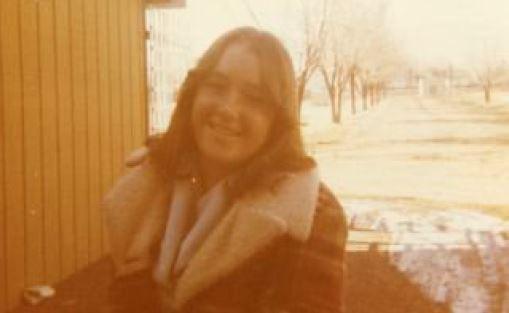
A nearly 50-year-old cold case in Colorado Springs has been solved, thanks to innovations in DNA testing and genealogy research.
Authorities were looking into the killing of 14-year-old Maria Loraine Honzell, who was stabbed to death in 1977. Despite an investigation, the Colorado Springs Police Department could not identify a person of interest.
According to an account from CSPD, the department received a call for a possible suicide. Officers arrived to find Honzell dead from multiple stab wounds. An autopsy concluded the death was instead a murder. In their investigation, CSPD found that the victim was babysitting for a neighbor.
A suspect was identified only after extensive research, including DNA analysis and traditional genealogy means, according to CSPD. This, after the Colorado Bureau of Investigation was able to eventually determine that the suspect was male.
In 2019, CSPD said the department reached out to a genetic genealogy lab to test blood found on Honzell's clothing that they had kept in evidence.
"For forensic investigations, it is used to generate highly informative leads as to the possible identity of an unknown victim or offender," CSPD said in a statement.
The lab used a public genetic genealogy database to identify potential relatives. The genetic matches then were used in traditional research, including utilizing public family trees, newspaper archives and public records.
Through this work, police identified William "Bill" Charles Kernan, Jr. as a person of interest. CSPD says Kernan died in 2010 and they were unable to obtain DNA confirmation. At the time of the murder, Kernan was a local college student. He was also an acquaintance of the woman Honzell was babysitting for at the time of the murder.
"The family and friends of Maria Honzell have waited over forty-seven years to get justice for Maria," CSPD said in a statement. "Through years of analysis and investigation, CSPD is proud to finally provide answers to Maria's loved ones."









